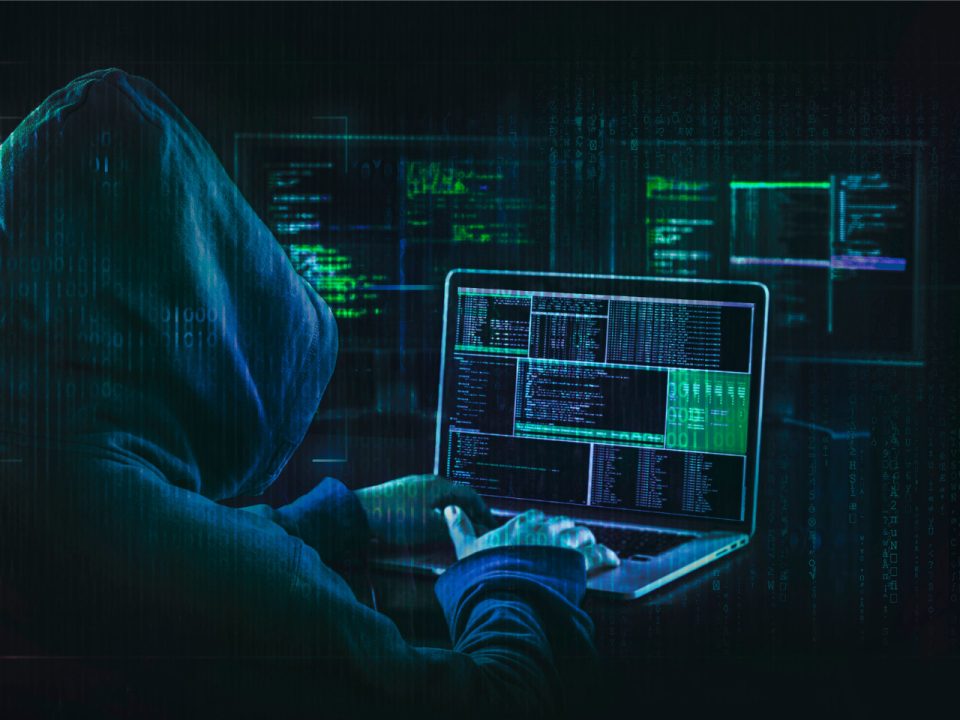Become a Hacker
Hacking is something most people dream of knowing how to do. There are several ways to become a hacker. In this article, we will list down a few tips on how to become a successful hacker.
Studying programming languages and becoming proficient with them is a great idea before attempting hacking. The key to becoming a successful hacker is your attitude. Hackers must be persistent and committed to one goal. They must practice their skills to improve their abilities. They must also be patient in their pursuit of success. Getting good at hacking takes time and practice, so it’s important to know what you want to do.
Identifying software vulnerabilities is a crucial part of the hacking process. Once you have the ability to identify software vulnerabilities, you can then attack them in a variety of ways. Here are a few tips to help you do this. Using the list CWE Top 25 will help you understand how to attack these weaknesses in software. The list is a valuable community resource that can help you learn how to protect yourself as well.
Weakness IDs are used to categorize vulnerabilities. These IDs are grouped according to their impact on the software. A weakness can be classified into several categories based on its impact. For example, a CWE-311 weakness is a failure to encrypt sensitive data. Another common weakness is weak encryption, which can leave sensitive data vulnerable to an attacker. CWE-326 weakness is a weak encryption algorithm.
Types of Hacking
In the attempt to become a hacker, you have to decide if you want to become a white-hat hacker or a back-hat hacker. A white-hat hacker does not have any malicious intent, but aims to find software vulnerabilities and patch them so that the black hats can’t use them. In this case, the hacker should have some knowledge of cybersecurity to become an ethical hacker. After all, the world needs hackers to help keep its systems and information safe.
White-hat hackers are those who identify and exploit security flaws in software, often using legitimate techniques. They are paid employees or contract workers, and their primary goal is to find vulnerabilities. These hackers are responsible for security of websites and softwares. Pentesters, on the other hand, focus on finding vulnerabilities and assessing their risk.
Learning programming languages
One of the most essential skills for a hacker is being anti-authoritarian. Hackers enjoy work and play equally, and the two often merge into a single, high-level creative playfulness. Hackers are often anti-authoritarian because they distrust authority and secrecy and seek to evade it at all costs. To become a hacker, you must have hostility towards such things and be willing to put your work first.
Besides basic programming skills, it’s important to learn several languages. Real hackers use a variety of different languages to build programs. For instance, Visual Basic Classic is used to create applications on Windows systems, and a user cannot logically write such applications on Linux. Another language that hackers use to create web pages and get data from the web is HTML. Knowing HTML makes it easier to identify weak spots in a piece of code.
Learn these Programming language for a Succesful hacking
- C++
- C
- Python
- PHP
- JAVA
- SQL
- Ruby
Besides C and C++, some of the best hacking languages are Python, Perl, and LISP. These languages are widely used for system administration, and it’s vital that you learn to read and understand them. Some people avoid C programming, but you need to know your code in order to become a hacker. You can also take a course in computer science to improve your chances of becoming a hacker.
Aside from coding, hackers are also use tool builders. Using programs can automate tedious tasks, find errors in programming, and create new ones. In addition, programming languages allow hackers to customize and improve existing software. The possibilities are endless if you learn the right programming languages. If you have zero coding experience, you might be restricted to alot of things. If you are a hacker who enjoys building tools, learning programming languages will give you an advantage over your fellow hackers.
One of the best ways to learn modern programming languages is through online courses or coding bootcamps. Unlike traditional academic courses, coding bootcamps provide hands-on training and experience in ethical hacking. You can also earn one of many certifications, such as the GIAC Penetration Tester, Offensive Security Certified Professional, or the CompTIA PenTest+. Learning programming languages is crucial for hacker success.
Ethical Hacking Also known as Identifying security systems weakness
Ethical hackers are hackers who identify vulnerabilities in security systems and use them to access information. These hackers are also known as white hat hackers. While ethical hackers do not attempt to cause damage to an organization, they work with official permission to find and exploit vulnerabilities in the security system. In most cases, these hackers are responsible for preventing identity theft and other cyber-crimes. Some organizations actually hire them, as well as many governments. Ethical hackers work in partnership with organizations and provide advice on how to improve security.
Attitude is key to becoming a successful hacker.
There is a certain attitude that you must develop to become a hacker. Hackers are anti-authoritarian by nature. Anyone who can give them orders will stop them from solving problems. Developing a hacker attitude is essential for learning and motivation. It is a similar principle to learning any creative art. Practicing what you don’t understand can lead to failure, and the attitude of the master will help you become better at it.
A good hacker must have a curious mind, be detail-oriented, and be patient. Hackers don’t have to have a formal education to become successful. In fact, it was a lot harder to learn math when I was in school! And a good hacker also has a logical mindset. As a hacker, you must have a strong sense of logic and be able to focus.
Hacker culture runs on reputation. Hackers solve interesting problems, and other hackers will judge their work. They will also keep score by how other hackers judge their solutions. This is one of the reasons why the culture of hacking is often seen as solitary. Being able to rely on external validation is a sign of a good hacker and will help you overcome this stigma. This will help you become more creative, more confident, and more successful.
You should be able to serve the hacker culture by having a reputation and experience. The culture is populated with heroes and spokespeople, but the hacker community distrusts blatant ego. You need to position yourself so that fame falls on your lap rather than causing you to fall from the sky. And you should be modest about your status, as hackers have long memories. The attitude of a hacker will make all the difference in your career.
A positive attitude towards learning is the best way to develop your hacker skills. The more you respect competence, the more you’ll enjoy the process of developing it. Hard work and dedication will turn into intense play, and you’ll be able to enjoy the process more. Developing a positive attitude towards learning is vital to becoming a hacker, so develop it now! And keep in mind that hacker activities are not a substitute for hacking, although they can be helpful.
READ ALSO:
How To Promote Your Business or Service using Snapchat and Tiktok influencers
.
SKB Journal appreciate you a lot for reading! If you enjoyed this piece by Samuel Kwame Boadu, kindly hit the share button and help others to also see it. You can also like our Facebook page, so you know when we make new posts or Click to JOIN our Telegram Channel where we post JOBS + TIPS.




